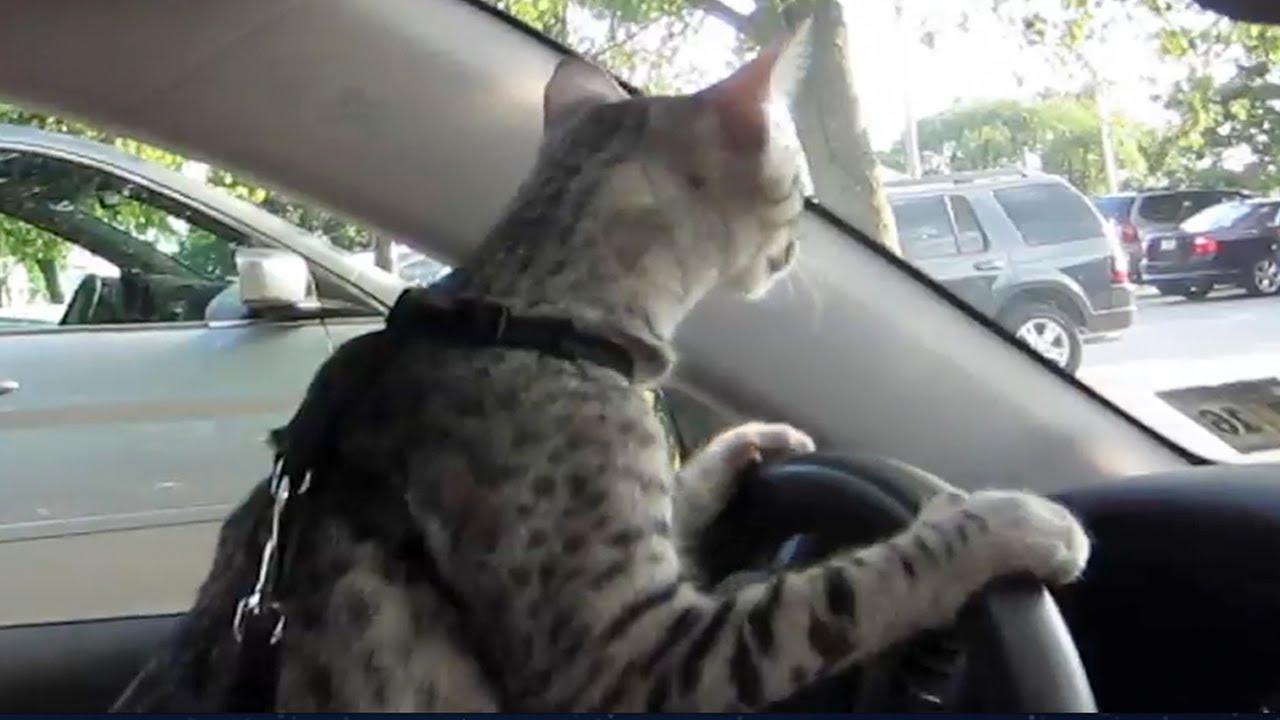
Who’s driving this heap anyway?
I recently got an alert on my computer: Warning—your driver is out of date. It got me thinking about what drives my writing. Passion, to be sure, and in fiction, characters who just can’t stop doing what they’re doing. What about your work? Who’s driving your stories?
Writing Tip for Today: Let’s examine other “drivers” in writing.
Motivate
Writers are often asked what motivates their characters. We do exercises, write letters and try to figure out what makes our character do the things she does. Many times, this search involves backstory, and it’s here where we tend to bog down. How much should we tell at one time? Where should this info go? What’s the magic formula? Some of my students have heard me talk about “Cold Mashed Potatoes.” That’s my visual for the point where readers forget all about the real time scene and are firmly rooted in the past—to the reader’s confusion. One help I’ve found is that good old Rule of Three. Only use three sentences (or paragraphs, depending on the type of story) at any one time before touching back however briefly, on the real time scene. Unless you are book-ending an entire story, there’s a reason it isn’t set in the backstory past. Don’t confuse readers by making them wonder what is important. Instead, drive your readers forward by helping them identify with deep, true emotions at the base of all our motivations.
Add Tension
We are all drivers of our readers. We drag them along by tapping into their deep motivations via the character’s motivations. Tension is one way that writers manage their readers. We add tension through conflict, resentments, grudges, sarcasm, even hostile or surprised/hurt looks. These markers not only excite readers into going on, they help readers identify with the tension, and by association, with the character. By constantly increasing tension, readers are pulled forward to see what happens next. Even when the character makes the wrong move and readers are yelling, “Don’t do it!” tension is held high. By managing your readers’ perceptions of tension in the story, you are showing them what to remember, what is important. And a fabulous by-product of well-written ever-steepening tension is that readers get satisfaction in a story that they may never gain in real life. You can drive your readers to the climax and resolution with well-paced and organic (meaning not tacked-on or superficial) tension.
Compel
Writers often get feedback about whether or not their stories are compelling. It’s another way of saying that your story is in the driver’s seat, and your readers are captive riders in your Literary Taxi. Drive readers to a more precise, emotionally-satisfying and original destination by making sure that your story character’s motivations and tensions are natural, logical and demonstrate the character’s passion and determination for the story goal. Writers can’t learn this lesson soon enough. If you get feedback that your work is too quiet, you might be tempted (as I once was) to add in a calamity like a fire or an earthquake. That’ll get ‘em moving! Yet organic is the operative word here. The tension or conflict must arise because of who your character is, and who she becomes. If she starts out selfish, she is a little less so by The End. If he’s lonely, he either finds love, belonging or makes peace with loneliness. As long as the story progresses logically (you don’t have redemption happening without much effort), readers can be compelled (driven) to the story’s end, all because your character’s deep motivation, high tension and organic unfolding of the journey from here to there. Take a look at your work and see who’s in the driver’s seat.





Your blogged comments are outstanding. I use many of them (earlier approved by you) in the monthly presentations I make at the Cathedral City Senior Center. I do these presentations to encourage some of the older folks in their writing interests. Some are fiction, some are memoirs. It is non-profit. Each of your articles addresses points and procedures that are beyond my expertise in presenting the ideas for better stories. I thank you.
Robert,
Thank you so much for your kind words. I’m trying to get some of my writing tips into a book and if/when I do, I will let you know!
Meanwhile, keep writing!
Best Wishes,
Linda
Pingback: Three More Tips on Show, Don't Tell - Linda S. Clare